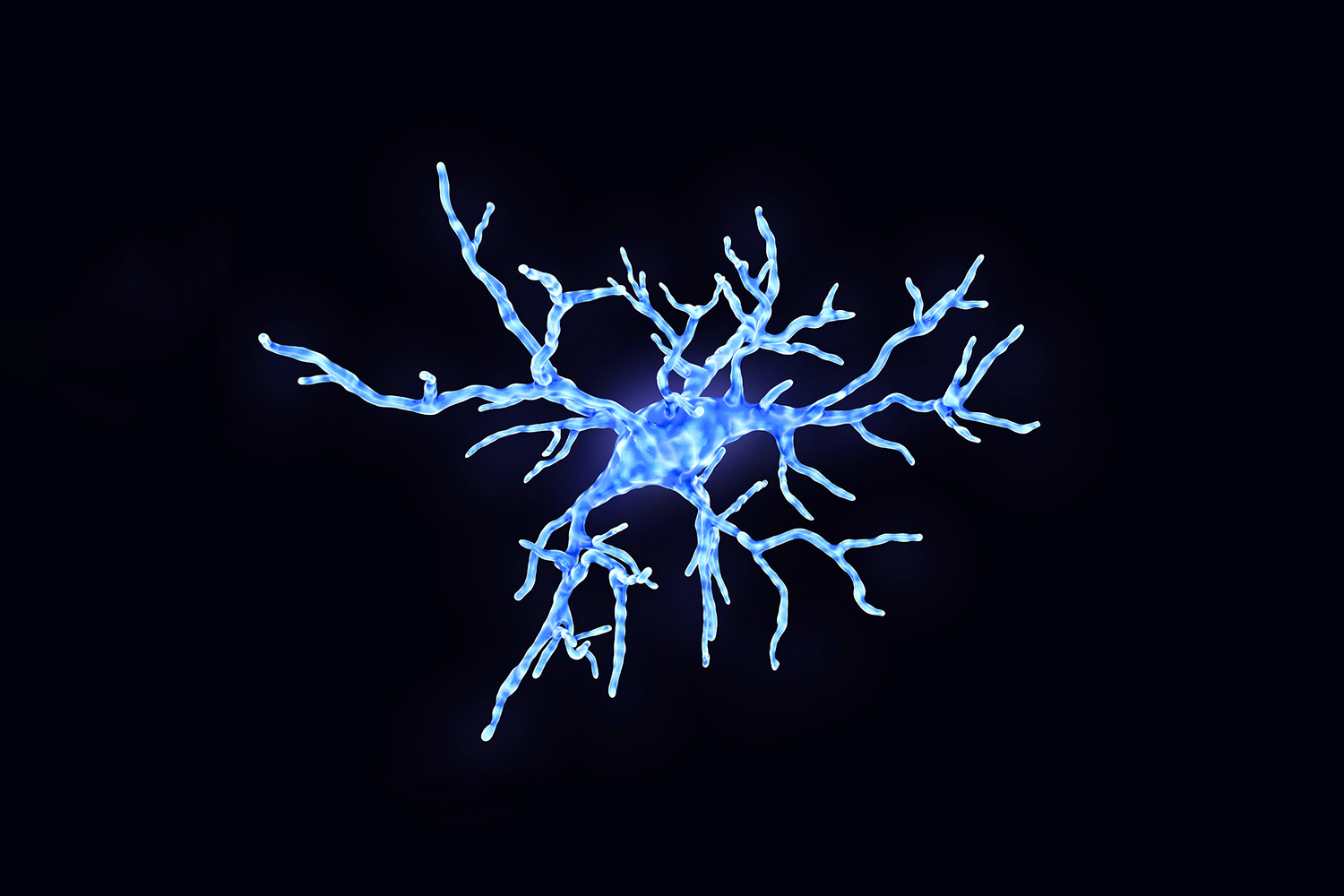A recent study conducted by Northwestern Medicine has identified epigenetic alterations in the immune system of Alzheimer’s patients, suggesting that environmental influences or behavioral factors may have triggered changes affecting gene function.
Lead investigator David Gate, assistant professor of neurology at Northwestern University Feinberg School of Medicine, explained,
“It is possible that these findings implicate the peripheral immune response in Alzheimer’s disease risk.
We haven’t yet untangled whether these changes are reflective of brain pathology or whether they precipitate the disease.”
Published on Feb. 9 in Neuron, the study marks a shift from previous research that primarily focused on mutations in immune genes within the central immune system of the brain, despite Alzheimer’s being a brain disease.
Gate’s team chose to investigate the peripheral immune system found in the blood, discovering epigenetic changes across all types of immune cells in Alzheimer’s patients, indicated by open chromatin—a state that renders the cells’ genome susceptible to modifications.
Gate’s investigation pinpointed specific genes with heightened openness in these immune cells, notably CXCR3 receptors on T cells.
According to Gate, CXCR3 acts akin to an antenna on T cells, facilitating their entry into the brain in response to signals of brain damage.
This entry is unusual because T cells typically do not penetrate the brain due to their potential to provoke inflammation.

Gate elaborated, “The brain is emitting a signal that it is damaged, and the T cells are homing to that signal by their antenna, CXCR3.”
Gate’s team also observed epigenetic changes in inflammatory proteins within monocytes, a type of white blood cell.
“These findings collectively indicate significant alterations in immune function among Alzheimer’s patients,” Gate noted.
“Environmental factors such as pollutants or infections over a lifetime could potentially trigger these epigenetic changes.”
Identifying these genes opens up possibilities for therapeutic targets aimed at modulating the peripheral immune system in Alzheimer’s.
Gate’s next steps involve conducting preclinical studies using in vitro culture systems and animal models to evaluate these targets.
Collaborators from Northwestern involved in the study include Abhirami Ramakrishnan, Natalie Piehl, Brooke Simonton, Milan Parikh, Ziyang Zhang, Victoria Teregulova, and Lynn van Olst.
The study’s title is “Epigenetic dysregulation in Alzheimer’s disease peripheral immunity.”
